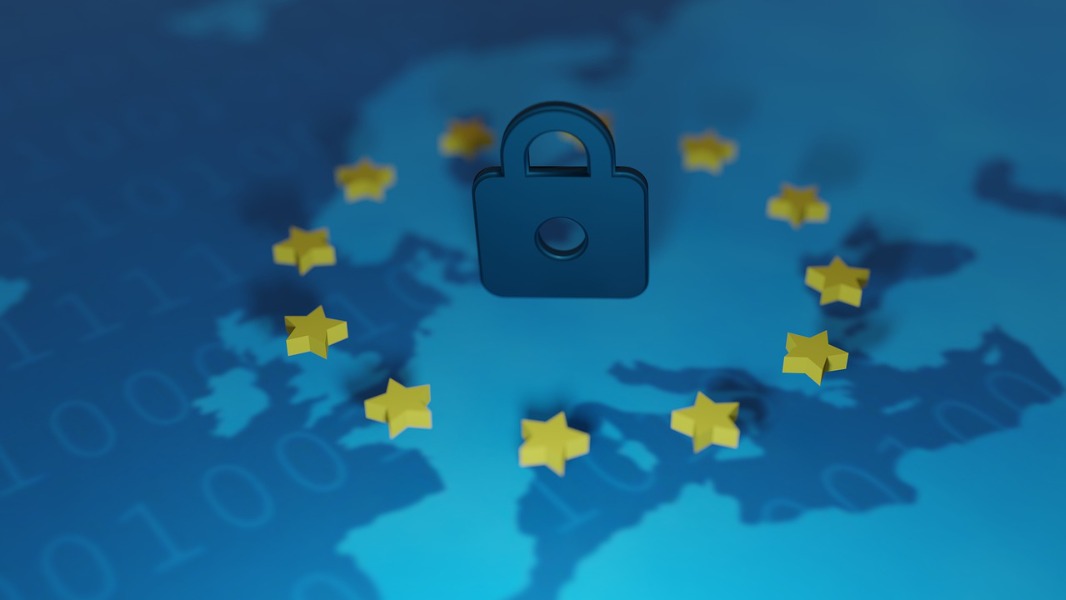Enjoy the Respite; It Won't be Long
Hold that sigh of relief.
If you think the "Going Dark" debate is "Going Away" just because the FBI has figured out a way into the San Bernadino iPhone, think again and remember these words that might as well come from FBI Director James Comey:
Published by The Lawfare Institute
in Cooperation With

Hold that sigh of relief.
If you think the "Going Dark" debate is "Going Away" just because the FBI has figured out a way into the San Bernadino iPhone, think again and remember these words that might as well come from FBI Director James Comey:
The respite yesterday's order gives us all changes nothing, and it won't be a long respite either.
Going Dark will be back because sometime soon, there will be a phone the FBI can't break—not even with help from some mysterious outside company.
It will be back because of the mostly-forgotten litigation in the Eastern District of New York, which was pending before the California case erupted and continues even though the latter case is now resolved. Reports the New York Times:
Last month, a federal magistrate judge in the Eastern District of New York refused to grant an order, requested by the government, that asked Apple to extract data from an iPhone used by a drug dealer in Brooklyn. The Justice Department is in the process of appealing that decision.
The federal law enforcement official who spoke on the condition of anonymity to reporters on Monday said it was premature to say whether the method it used to open the phone in the San Bernardino case could be used on phones in other cases. The phone in the Brooklyn case was an iPhone 5S running the iOS 7 mobile software.
It will be back because of the mind-boggling claims that the government should disclose the method of its penetration of the phone to Apple. (Hint: It won't and no vulnerabilities equities review process that considers the full range of "equities" at stake would require disclosure.)
It will be back because foreign countries—take a look at what's going on in France—are adopting legislation requiring extraordinary access for law enforcement to encrypted communications.
And it will be back because legislation in this country is going to create a new front for the debate in the near future.
Most of all, it will be back because the resolution of this case does not answer any of the questions the case presents: What obligations do companies have to assist government in breaking into their devices and the communications they carry when investigators have appropriate legal process? What obligations should they have, if any, to build systems that are potentially warrant compliant? And if none, what obligations do they have to help investigators crack their systems when they are lawfully entitled to do so? Until we answer these questions in the many iterations in which they will present themselves, any relief will be temporary and minor.





